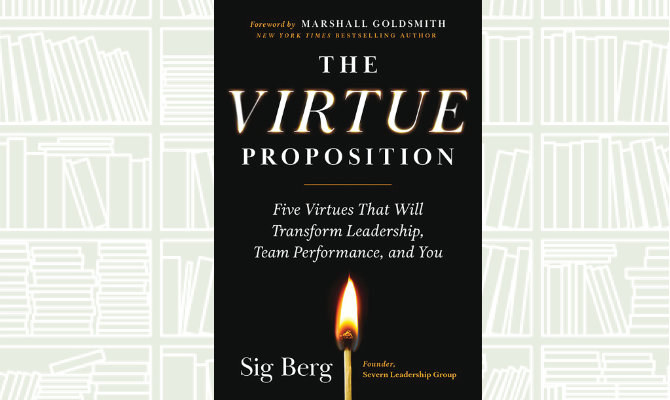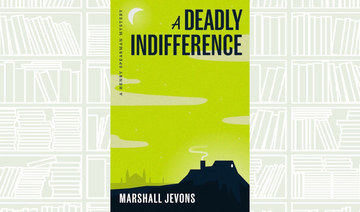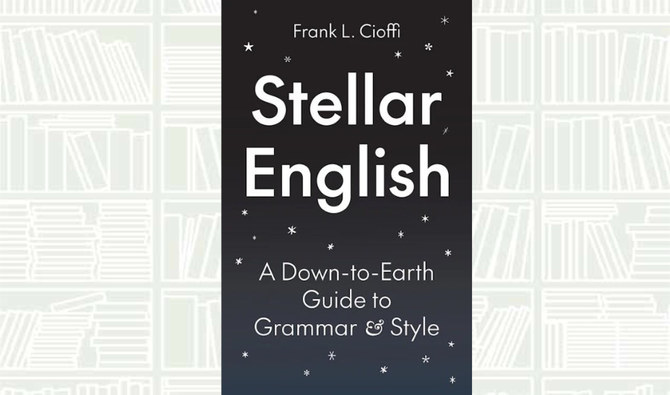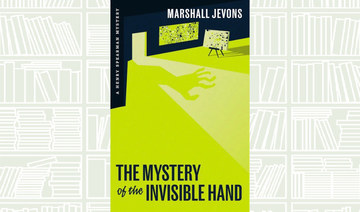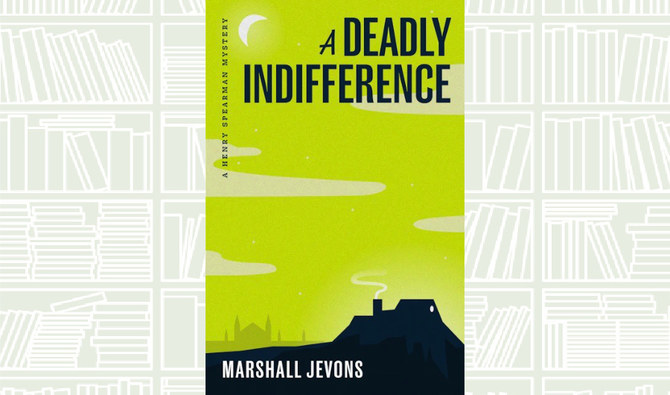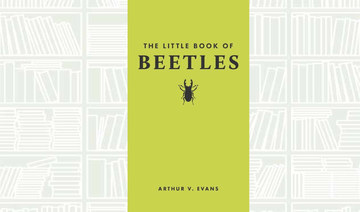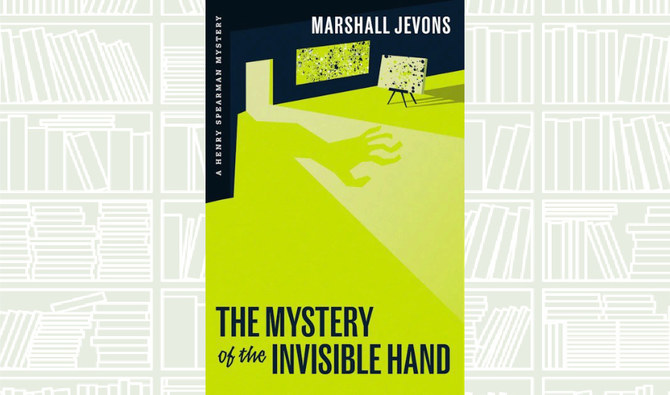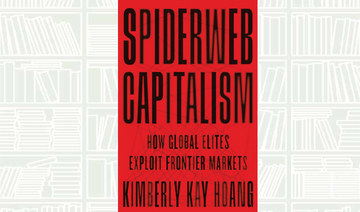The title of this book, “Lebanon: A Country in Fragments” by Andrew Arsan, conveys the impact inflicted by the ongoing crises and continuous blows against Lebanon since the assassination of former Prime Minister Rafiq Hariri in 2005. For the past 13 years, in the land of the cedars the ordinary has given way to “the exceptional and the makeshift, the unexpected, the contingent and the provisional.”
The author argues that to understand Lebanon, we must neither disregard its fraught politics and sectarianism nor forget that throughout its history it has served the interests of regional and global powers.
This brilliant book immerses us in Lebanon’s present. Here is a critical history which “seeks its answers in the fragments of daily life” gleaned from conversations, interviews, blogs, talk shows, tweets, YouTube clips, graffiti and newspaper articles. “It is an ontology of the present, an effort to understand what it means, and how it feels, to live in Lebanon,” writes Arsan.
The narrative is strewn with descriptive peregrinations across Beirut which are captivating. His caustic, biting and often funny remarks reveal his thoughts on Lebanon and the Lebanese.
“Lebanon seems a country infatuated with the fatuous, the superficial and the inane. Its high society is focused on vapid appearances … as if the shape of one’s nose … the swell of one’s biceps or breasts, the watch that one wears … were the makings of the person, rather than the mere
outward trappings. Everyone must be seen in the same nightclub, the same beach resorts, the same exclusive hotels and restaurants; they must have the same lavish weddings, if they are to matter, if they are to be assigned any social worth and standing … The measure of the man is taken in material terms,” he writes rather caustically.
“Lebanon: A Country in Fragments” also provides a comprehensive and clear discourse on Lebanese high politics with its conspiracies, intrigues and unending rows.
If you do not understand Lebanese politics, this book is the ultimate key to grasping the complicated history of this small nation and uncovering the secrets behind the fun-loving, enterprising and eternally optimistic Lebanese people.









